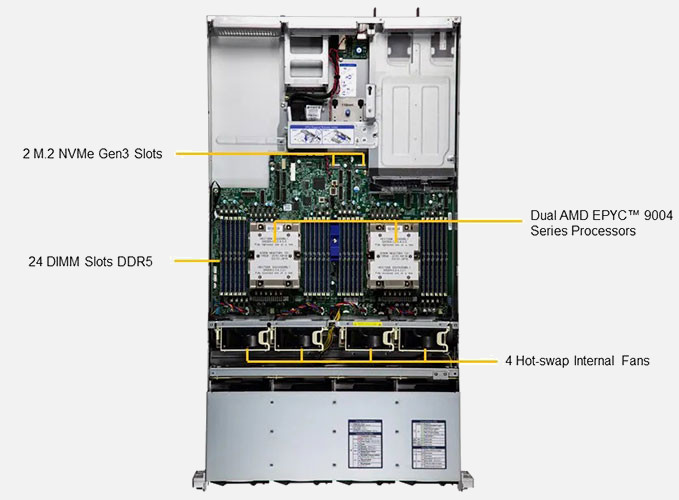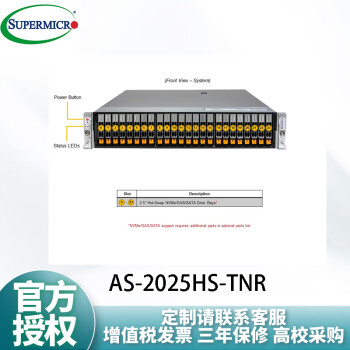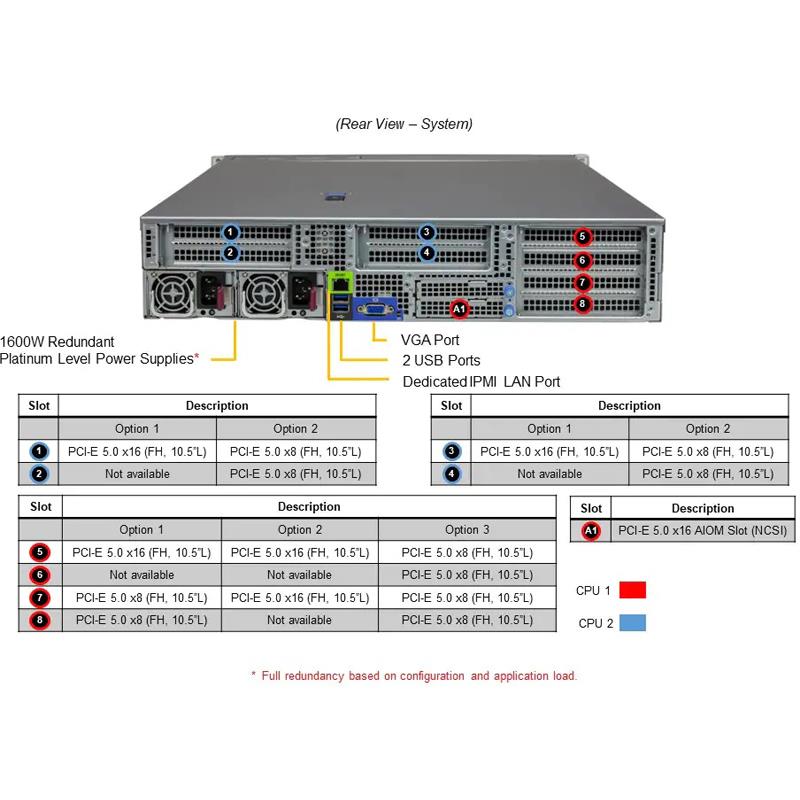10, Oct 2023
AS 2025HS TNR: A Comprehensive Guide To The New Aerospace Standard
AS 2025HS TNR: A Comprehensive Guide to the New Aerospace Standard
Related Articles: AS 2025HS TNR: A Comprehensive Guide to the New Aerospace Standard
- May 2025 Calendar Printable Free: Plan Your Month With Ease
- What Previous Calendar Year Matches 2025?
- 2025 Toyota Camry Turbo: A Revolutionary Sedan For The Modern Age
- 2025 Lexus LC 500h AWD: A Symphony Of Style, Performance, And Sustainability
- 2025 Mustang GTD: The Future Of American Muscle
Introduction
In this auspicious occasion, we are delighted to delve into the intriguing topic related to AS 2025HS TNR: A Comprehensive Guide to the New Aerospace Standard. Let’s weave interesting information and offer fresh perspectives to the readers.
Table of Content
Video about AS 2025HS TNR: A Comprehensive Guide to the New Aerospace Standard
AS 2025HS TNR: A Comprehensive Guide to the New Aerospace Standard

Introduction
The aerospace industry is constantly evolving, driven by advancements in technology and the need for improved safety and efficiency. In line with this, the American Society for Testing and Materials (ASTM) has developed a new standard for high-strength titanium alloys: AS 2025HS TNR. This standard provides a comprehensive set of specifications for the production, testing, and application of this advanced material, ensuring its reliability and performance in critical aerospace components.
Scope and Applicability
AS 2025HS TNR is applicable to high-strength titanium alloy 2025HS in the TNR temper, which is characterized by its exceptional strength and toughness. This alloy is primarily used in the manufacture of structural components for aircraft and spacecraft, such as landing gear, wing spars, and fuselage frames. The standard covers the following aspects of the alloy:
- Chemical composition
- Mechanical properties
- Heat treatment procedures
- Testing methods
- Inspection criteria
- Quality control measures
Chemical Composition
AS 2025HS TNR specifies the following chemical composition for the alloy:
| Element | Percentage |
|---|---|
| Aluminum | 5.5-6.8 |
| Tin | 2.2-3.0 |
| Zirconium | 1.2-1.8 |
| Carbon | 0.08 max |
| Nitrogen | 0.05 max |
| Oxygen | 0.20 max |
| Hydrogen | 0.0125 max |
| Iron | 0.25 max |
| Other elements | Total 0.40 max |
Mechanical Properties
AS 2025HS TNR provides minimum mechanical property requirements for the alloy in the TNR temper:
| Property | Requirement |
|---|---|
| Ultimate tensile strength | 1,100 MPa (160,000 psi) |
| Yield strength (0.2% offset) | 1,030 MPa (150,000 psi) |
| Elongation at break | 10% |
| Reduction of area | 20% |
| Fracture toughness (KIC) | 100 MPa√m (90 ksi√in) |
Heat Treatment Procedures
The TNR temper of AS 2025HS is achieved through the following heat treatment process:
- Solution anneal at 955-1010°C (1,750-1,850°F)
- Quench in water or oil
- Age at 480-520°C (900-970°F) for 2-8 hours
Testing Methods
AS 2025HS TNR specifies a range of testing methods to ensure the compliance of the alloy with the standard’s requirements. These include:
- Tensile testing
- Yield strength testing
- Elongation testing
- Reduction of area testing
- Fracture toughness testing
- Chemical analysis
- Microstructure examination
Inspection Criteria
The standard outlines specific inspection criteria for the alloy, including:
- Surface quality
- Dimensional tolerances
- Heat treatment verification
- Nondestructive testing (e.g., ultrasonic, radiographic)
Quality Control Measures
AS 2025HS TNR emphasizes the importance of quality control throughout the production process. This includes:
- Material traceability
- Process control
- Inspection and testing
- Certification of compliance
Benefits of AS 2025HS TNR
The adoption of AS 2025HS TNR offers several benefits for the aerospace industry:
- Enhanced Safety and Reliability: The stringent requirements of the standard ensure the production of high-quality titanium alloy components with consistent and predictable mechanical properties. This contributes to improved safety and reliability of aerospace systems.
- Weight Reduction: AS 2025HS TNR alloy is significantly stronger than traditional titanium alloys, allowing for the design of lighter and more efficient aircraft structures.
- Improved Performance: The high strength and toughness of AS 2025HS TNR enable the production of components that can withstand higher loads and stresses, enhancing the overall performance of aerospace vehicles.
- Reduced Maintenance Costs: The durability of AS 2025HS TNR reduces the need for frequent maintenance and repairs, resulting in cost savings over the life of the aircraft.
Conclusion
AS 2025HS TNR is a comprehensive aerospace standard that provides a framework for the production and application of high-strength titanium alloy 2025HS in the TNR temper. By adhering to the requirements of this standard, manufacturers can ensure the reliability, performance, and safety of critical aerospace components. The adoption of AS 2025HS TNR will drive advancements in the aerospace industry, leading to lighter, stronger, and more efficient aircraft and spacecraft.







Closure
Thus, we hope this article has provided valuable insights into AS 2025HS TNR: A Comprehensive Guide to the New Aerospace Standard. We thank you for taking the time to read this article. See you in our next article!
- 0
- By admin
